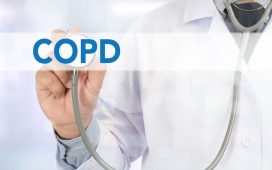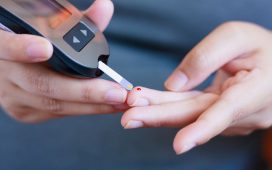Job strain and effort-reward imbalance linked to increased risk for a-fib separately and in combination
By Elana Gotkine HealthDay Reporter
WEDNESDAY, Aug. 14, 2024 (HealthDay News) — Psychosocial stressors at work, defined by job strain and effort-reward imbalance (ERI) at work, are associated with an increased risk for atrial fibrillation (AF), according to a study published online Aug. 14 in the Journal of the American Heart Association.
Edwige Tiwa Diffo, from Quebec-Laval University in Quebec City, Canada, and colleagues examined the separate and combined effect of psychosocial stressors at work from the job strain and ERI models on AF incidence in a prospective cohort study involving 5,926 white-collar workers free of cardiovascular disease at baseline and followed for 18 years. Validated instruments were used to assess job strain (high psychological demands combined with low decision latitude) and ERI.
The researchers identified 186 incident AF events over 18 years. In fully adjusted models controlled for socioeconomic characteristics and life-related and clinical risk factors, workers exposed to job strain and ERI had an increased risk for AF (hazard ratios, 1.83 and 1.44, respectively). An almost twofold increase in AF risk was seen with combined exposure to job strain and ERI (hazard ratio, 1.97).
“A workplace intervention aiming to reduce job strain and ERI exposures was shown to be effective to reduce blood pressure means and hypertension prevalence among workers,” the authors write. “Therefore, such interventions may be effective to reduce the burden associated with AF at the population level.”
Copyright © 2024 HealthDay. All rights reserved.








